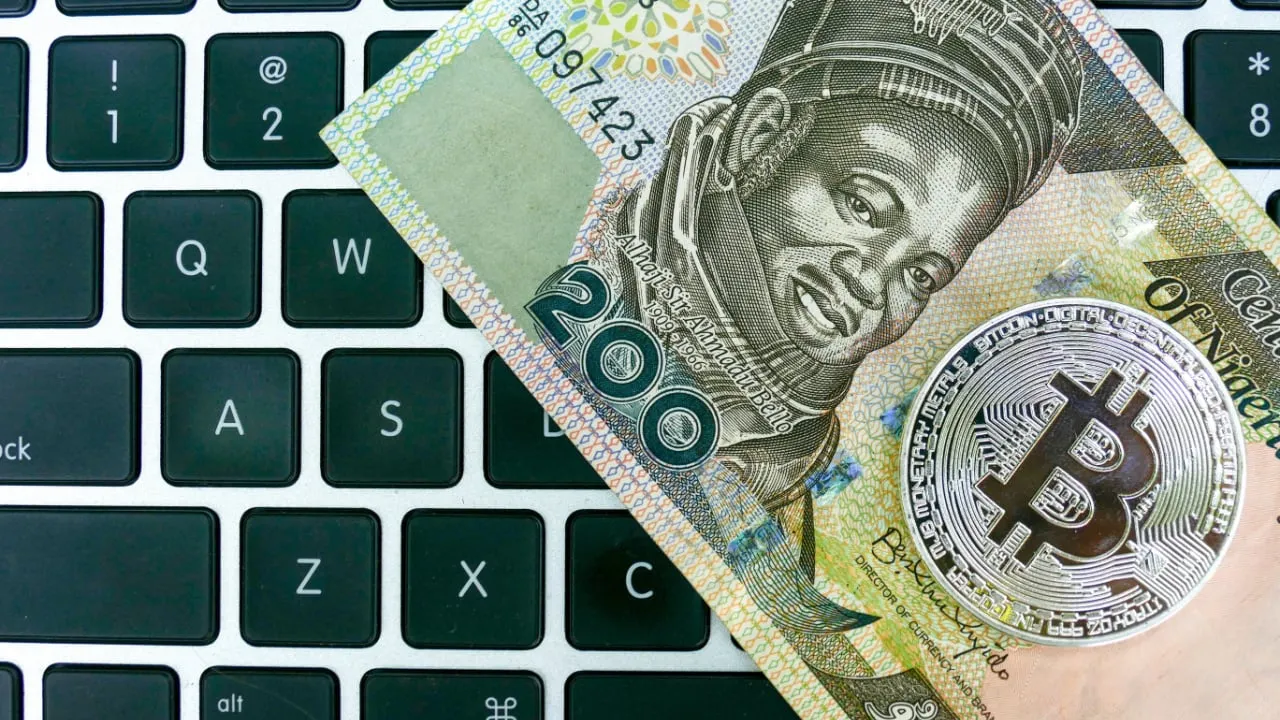More than two years after clamping down on crypto trading, Nigerian authorities are mulling plans to roll out tokenized coins on exchanges.
Tokenized coin offerings, a form of digital fundraising in which assets like real estate, stocks, and bonds are tokenized and sold on blockchain platforms, allow investors fractional ownership in the underlying asset. The new pilot involves the creation of a permissioned liquidity pool comprising tokenized bonds and deposits.
“We always like to start, as a regulator, with a very simple, clear proposal before we go into the complex ones,” Abdulkadir Abbas, the head of securities and investment services at the Securities and Exchange Commission of Nigeria told Bloomberg.
The move comes in stark contrast to the country’s previous crackdown on the industry in 2021, despite officials indicating that the tokenization plan began in 2020.
As for the reason behind the harsh crypto crackdown, Nigeria’s central bank (CBN) said in 2021 that the anonymity provided by virtual currencies could foster fraud, terrorism financing—two of the biggest problems the country faces—and volatility.
Nigeria’s Security and Exchange Commission is also looking to reset crypto adoption, allowing users to trade asset-backed tokens, acting first as a regulatory incubator before firming out the more “complex” processes.
"The regulatory incubation is to provide everybody with an opportunity to test their ideas because the fintech world is an evolving one," Emomotimi Agama, the managing director at the Nigerian Capital Market Institute, a subsidiary of the SEC, told Decrypt. “It’s about protecting investors and providing a level-playing field.”
The SEC’s plan, if followed through, could buoy a volatile economy, increase innovation, and cut fraud, Michael Zaitsev, the managing director for Nigerian crypto firm Yellow Card, told Decrypt.
“The SEC's plan to regulate digital assets could positively impact the mobile market and spur the development of new digital wallets that make it easier for people to access cryptocurrency services,” said Zaitsev. “This could help stimulate the economy and restore people's confidence in the government's interest in digital assets.”
It’s been a balancing act for the country, especially given the naira, Nigeria’s national currency, has slipped against the dollar amid spiraling inflation.
This has pushed many young people in Africa’s biggest economy to find refuge in cryptocurrencies.
Unfortunately, not in the direction of its two-year-old central bank digital currency, or CBDC, the eNaira. Per Bloomberg, less than 0.5% of citizens are using the CBDC.
An anonymous source at a Nigerian bank told Decrypt the CBDC, touted to be the key to unlocking the potential of a cashless economy, accounted for less than 0.004% of the country's total volume of its mobile transactions in 2022.
Crypto gains political momentum
While it still holds a firm stance on crypto, the SEC's more open approach to tokenized offerings could help foster innovation and growth in the industry.
“It will make our market more accessible,” Lagos-based DeFi analyst Temisan Agbajoh told Decrypt. “It opens the market up for people to easily bring in more foreign exchange into the country.”
Alongside the regulator’s move to make room for crypto, there also appears to be a clear political appetite to grow the industry.
Days after the SEC announcement, Nigeria launched a national blockchain policy less than a month before its new president was sworn in on May 29.
PRESS STATEMENT
FEDERAL GOVERNMENT APPROVES NATIONAL BLOCKCHAIN POLICY FOR NIGERIA
The Federal Executive Council approved the National Blockchain Policy for Nigeria during its meeting today, the 3rd of May, 2023. This followed the presentation of a memo by the Honourable… pic.twitter.com/CE7UrAKfjI
— Fed Ministry of Communications & Digital Economy (@FMoCDENigeria) May 3, 2023
The policy will “create a blockchain-powered economy that supports secure transactions, data sharing, and value exchange between people, businesses, and government,” said Femi Adeluyi, a spokesperson for the minister of communications and digital economy.
With new president Bola Tinubu coming from the ruling All Progressives Congress, the blockchain policy may serve as a guide for his government for at least the next four years.
Tinubu also prides himself on the use of technology more broadly to increase the size of the internally generated revenue in Lagos in southwest Nigeria when he was the governor between 1999 and 2007. The state is now Nigeria’s biggest subnational economy and home to many fintech startups thanks to his approach.
“We will reform government policy to encourage the prudent use of blockchain technology in finance and banking, identity management, revenue collection, and the use of crypto assets,” said Tinubu in a manifesto before the 2023 election.
But Emomotimi Agama of the SEC told Decrypt that the tokenization push is not a forerunner for a policy change on the use of cryptocurrency, noting that SEC and the central bank have different jurisdictions.
Although policy inconsistency remains a big challenge in the African powerhouse, Zaitsev believes going ahead with the plan will nonetheless benefit Nigeria’s tottering economy.
“[It] could generate revenue for the government through taxes and fees and attract investment and talent to the country, contributing to economic growth and development,” he told Decrypt.

